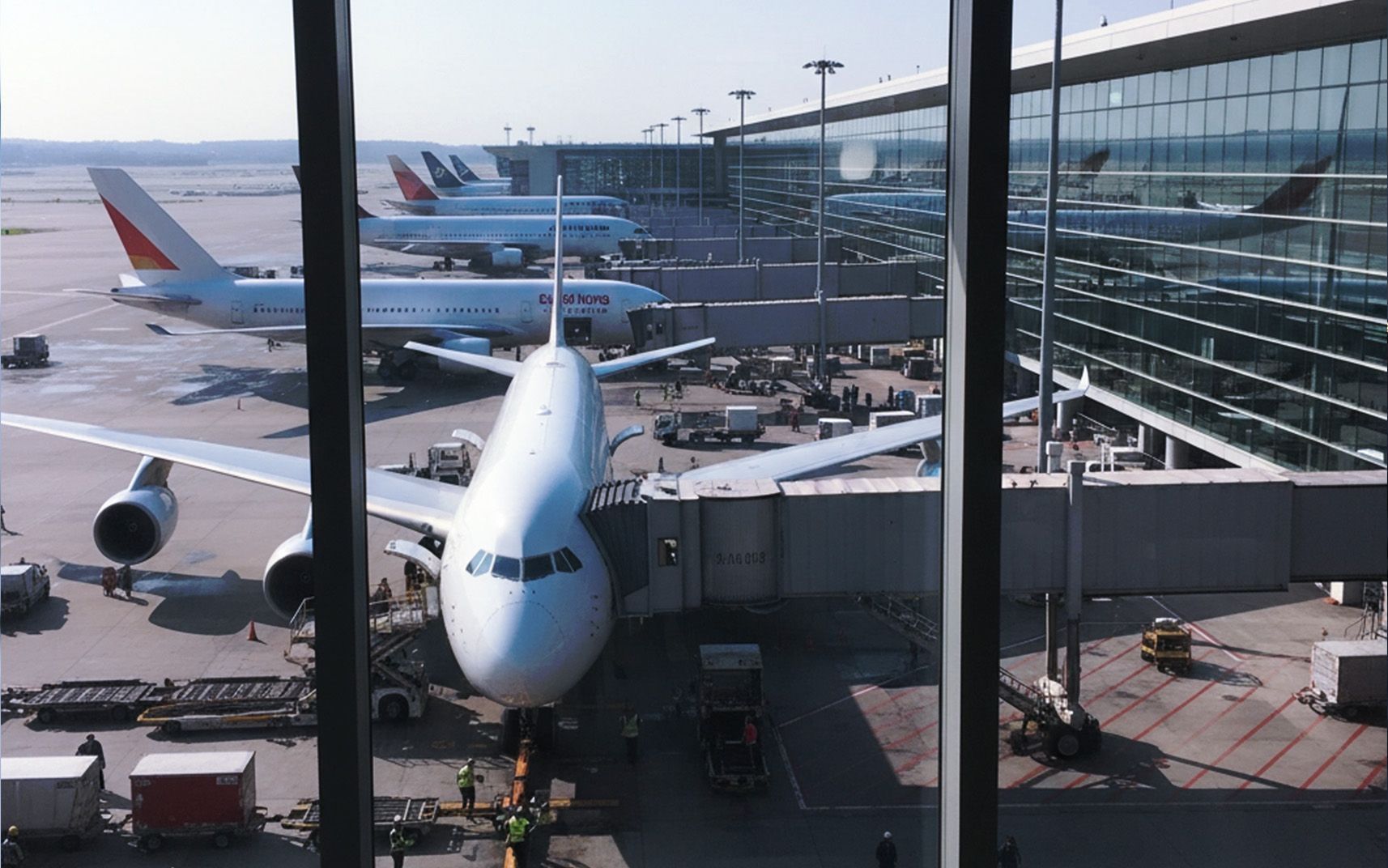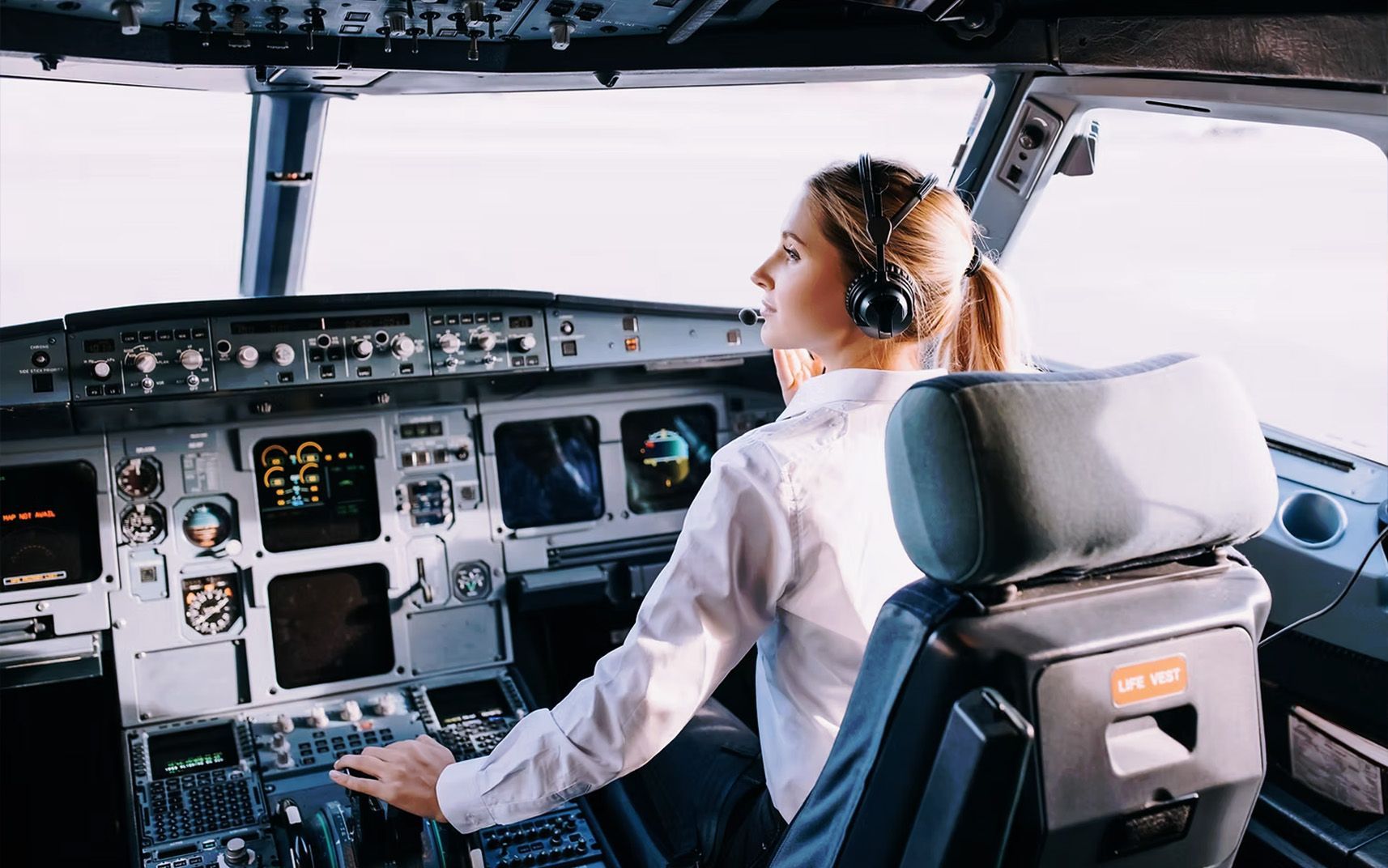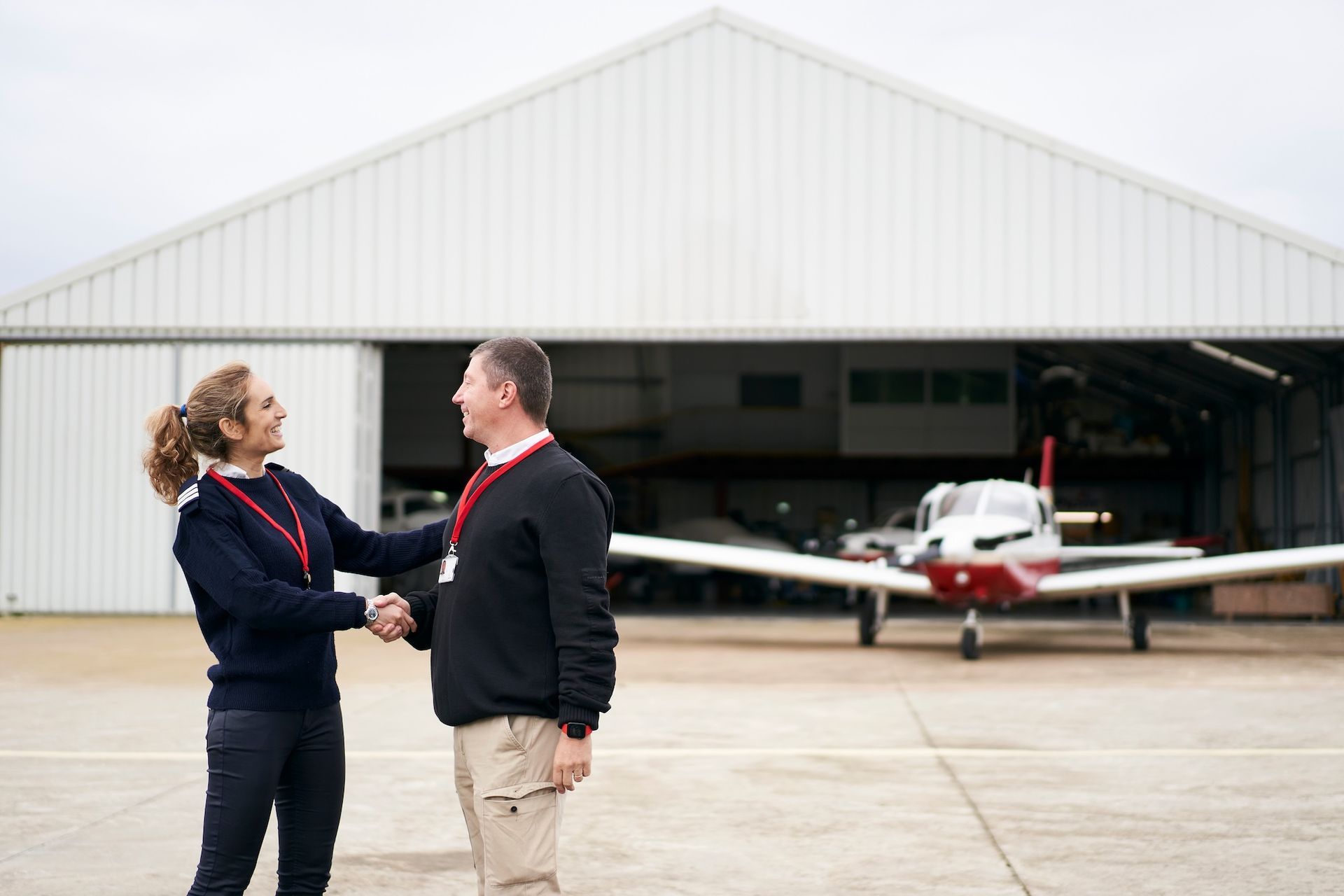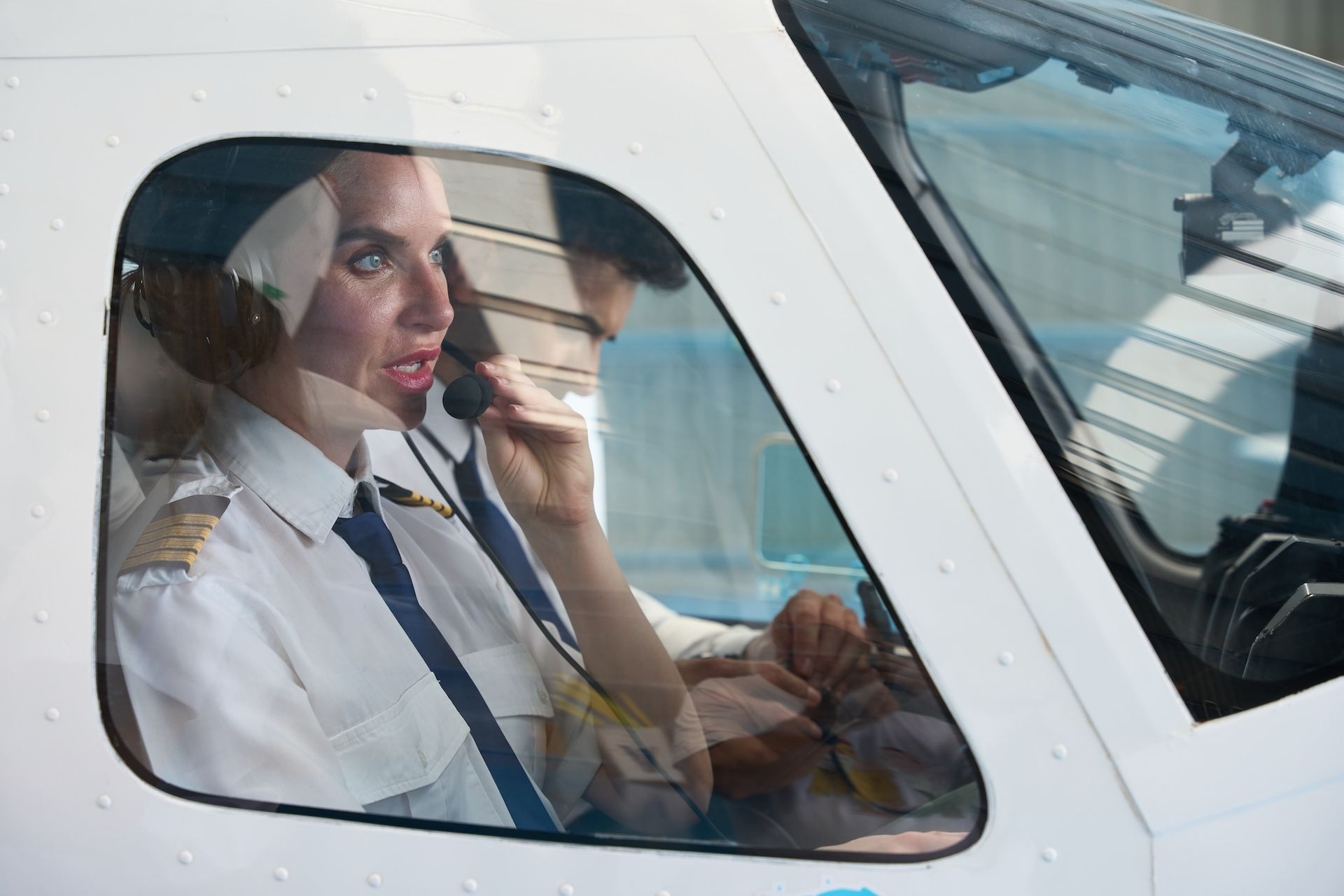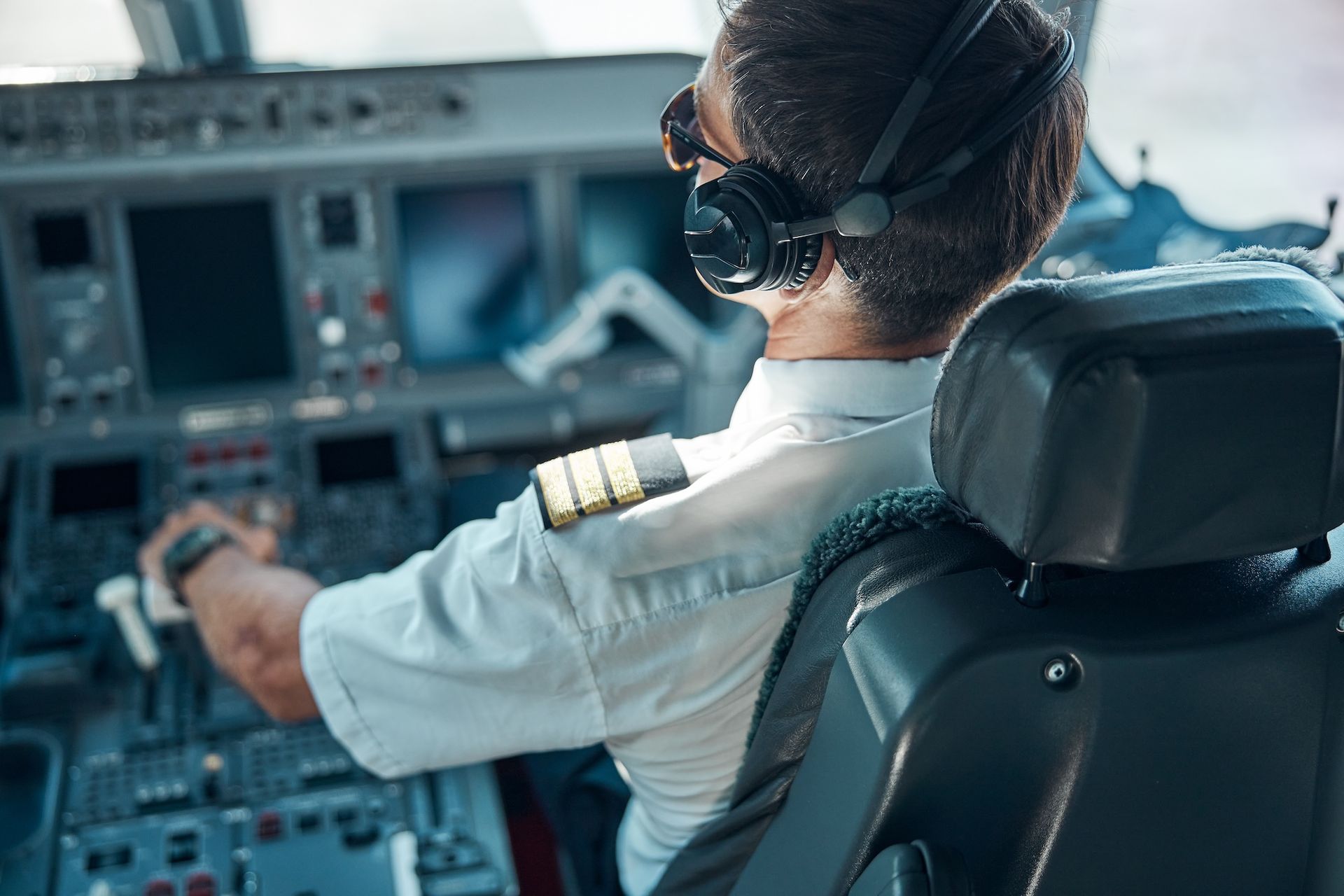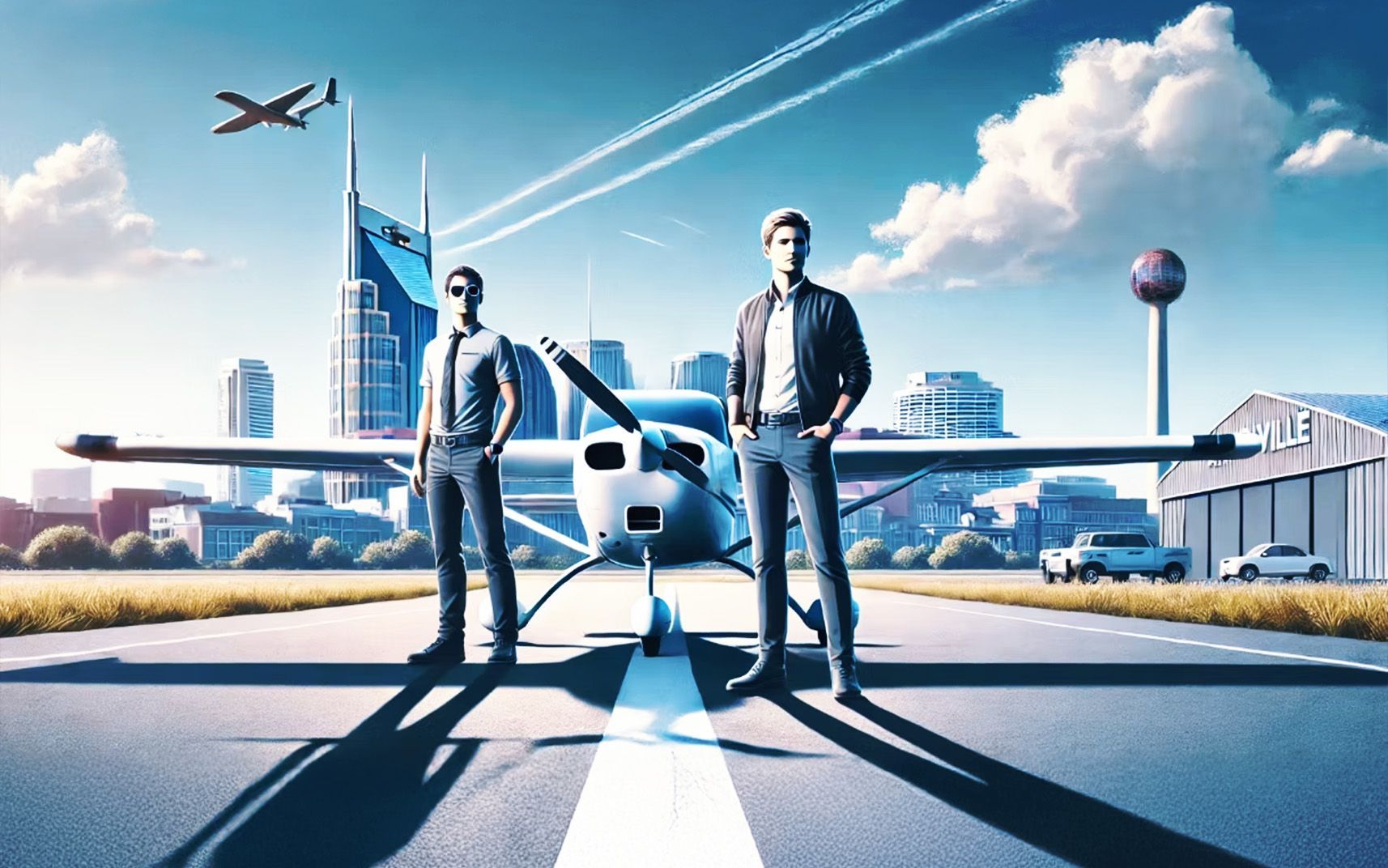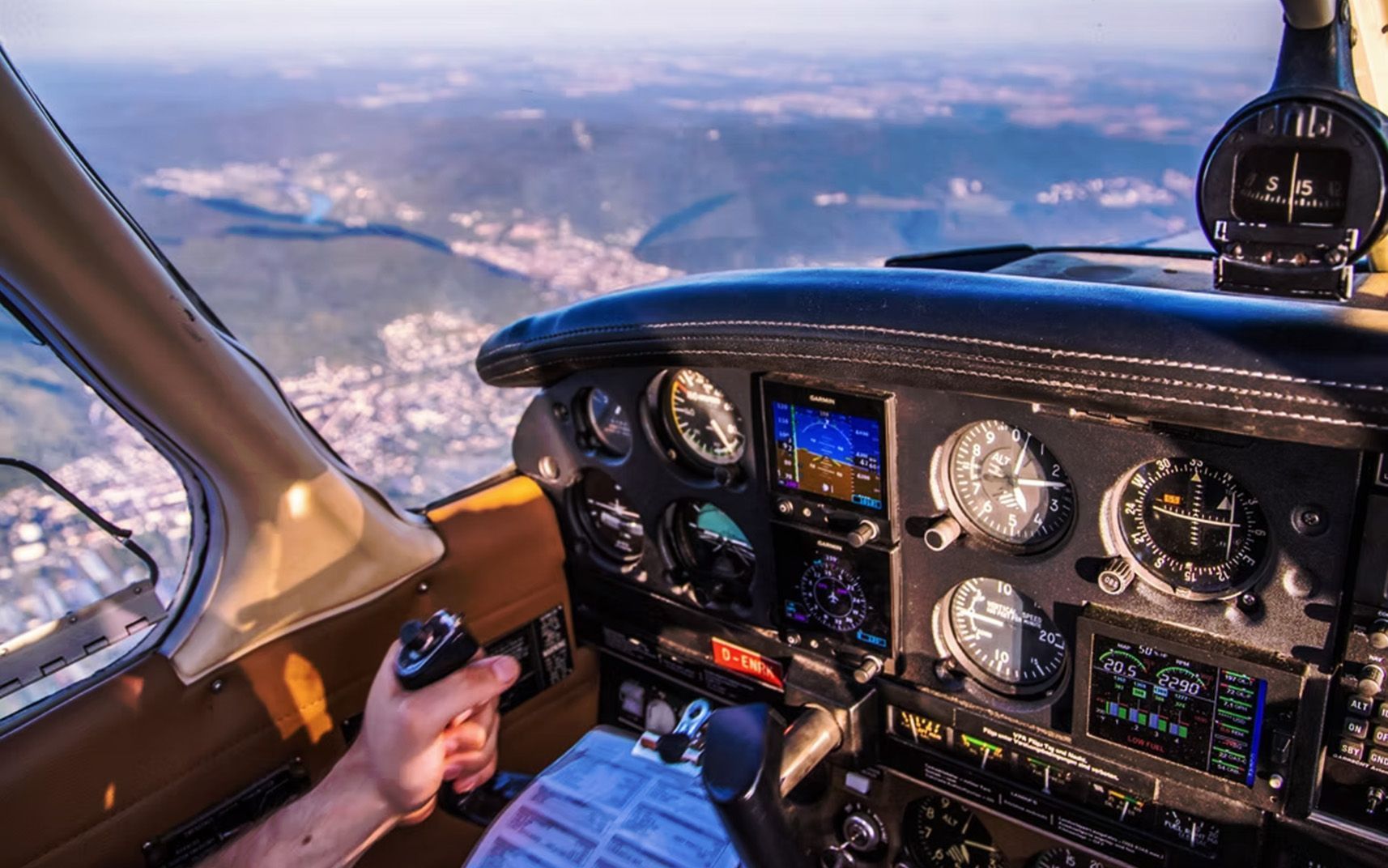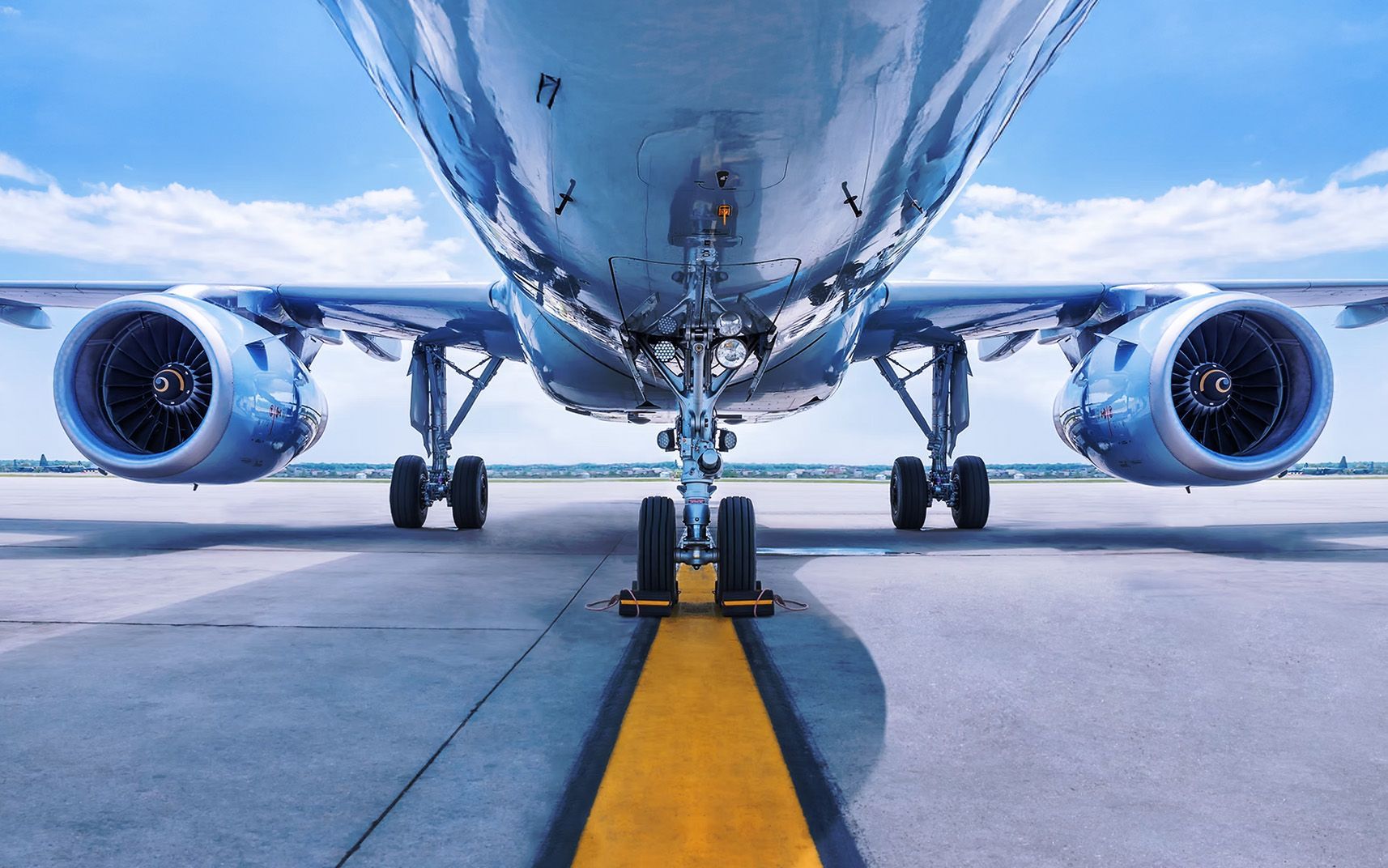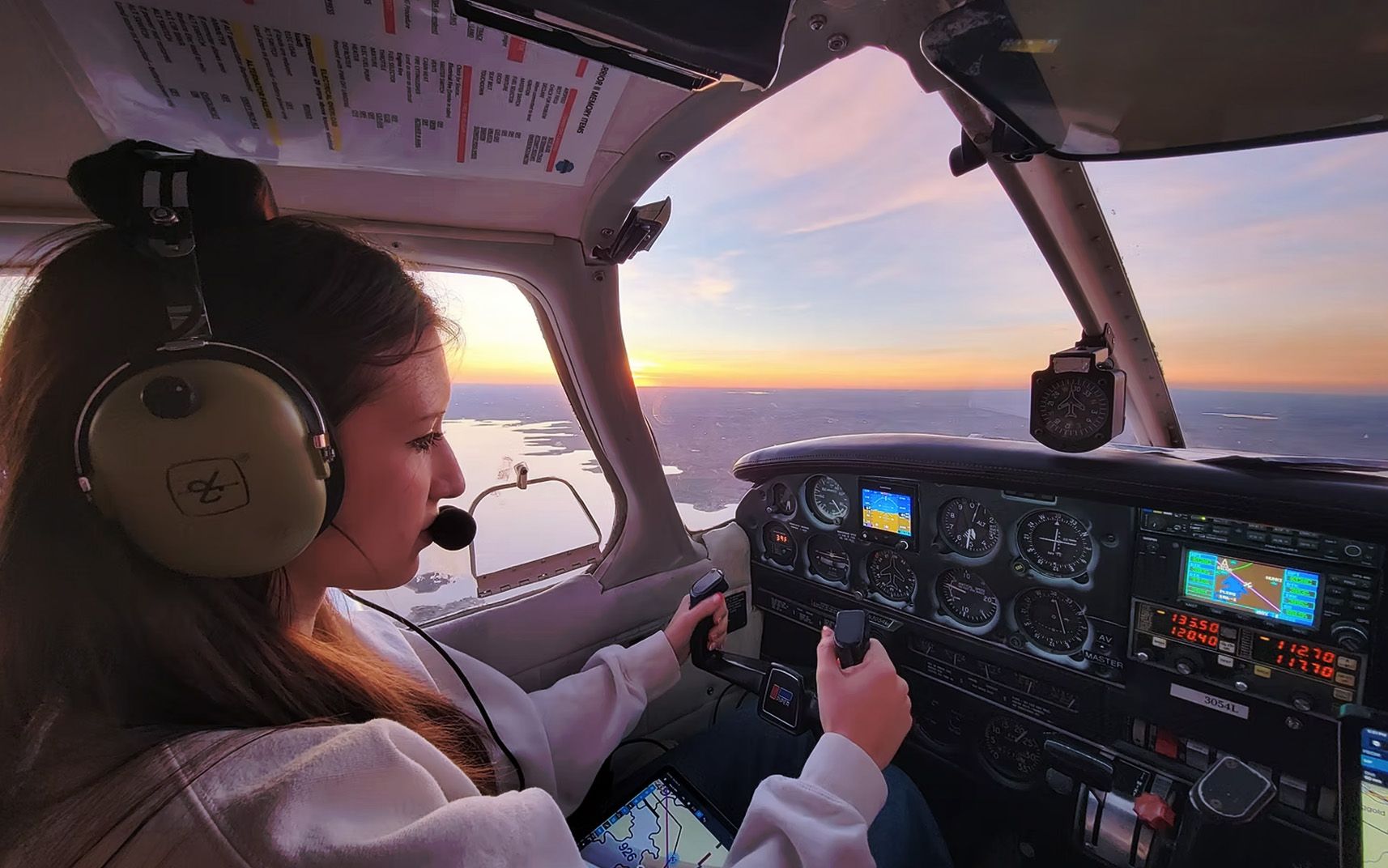How to Get a Private Pilot License in Nashville, TN
Share this article
How Do You Get a Private Pilot License in Nashville?
If you're wondering how to get your Private Pilot License (PPL) in Nashville, TN, the process involves training at a flight school, completing a minimum of 40 flight hours, passing the FAA written exam, and completing a checkride with an examiner. Here is what you need to know to get yourself started.
Step 1: Meet the Basic Requirements
Before you can start training for your PPL, you must meet the following requirements set by the Federal Aviation Administration (FAA):
- Be at least 17 years old
- Be able to read, write, and speak English fluently
- Obtain at least a Third-Class Medical Certificate from an FAA-approved aviation medical examiner (AME)
Step 2: Choose a Flight School in Nashville
There are several reputable flight schools in the Nashville area. Nationwide Aviation is the only flight school that offers the Elevate program - the ability to go from private to commercial pilot in as little as nine months. We also offer three locations in Texas and Tennessee, supportive and friendly instructors, and the ability to expand your education with instrument rating and CFI & CFI-I certification.
Step 3: Start Ground School Training
Ground school begins with aviation theory. You'll start by learning about:
- Airspace regulations
- Aerodynamics and aircraft systems
- Weather patterns
- Flight planning and navigation
- FAA rules and safety procedures
Step 4: Begin Flight Training
Once enrolled in a flight school, you’ll begin hands-on training with a Certified Flight Instructor (CFI). Training typically consists of:
- Dual instruction – Learning basic maneuvers, takeoffs, landings, and emergency procedures with an instructor.
- Solo flights – Once you gain enough experience, you’ll fly solo under instructor supervision.
- Cross-country flights – You must complete solo and instructor-led cross-country flights to build navigation skills.
FAA regulations require a minimum of 40 flight hours, including at least 20 hours of dual instruction and 10 hours of solo flight.
Step 5: Pass the FAA Written Exam
Before taking your checkride, you must pass the FAA knowledge test. This multiple-choice exam covers all aspects of aviation theory and requires preparation through ground school and practice tests.
Step 6: Complete the Checkride
The final step in obtaining your PPL is the checkride, an evaluation with an FAA Designated Pilot Examiner (DPE). The checkride consists of:
- An oral exam to test your aviation knowledge
- A practical flight test to demonstrate your flying skills
Once you pass, you’ll officially earn your Private Pilot License!
If you’re serious about becoming a private pilot, start by contacting us at Nationwide Aviation today!
Recent Posts
